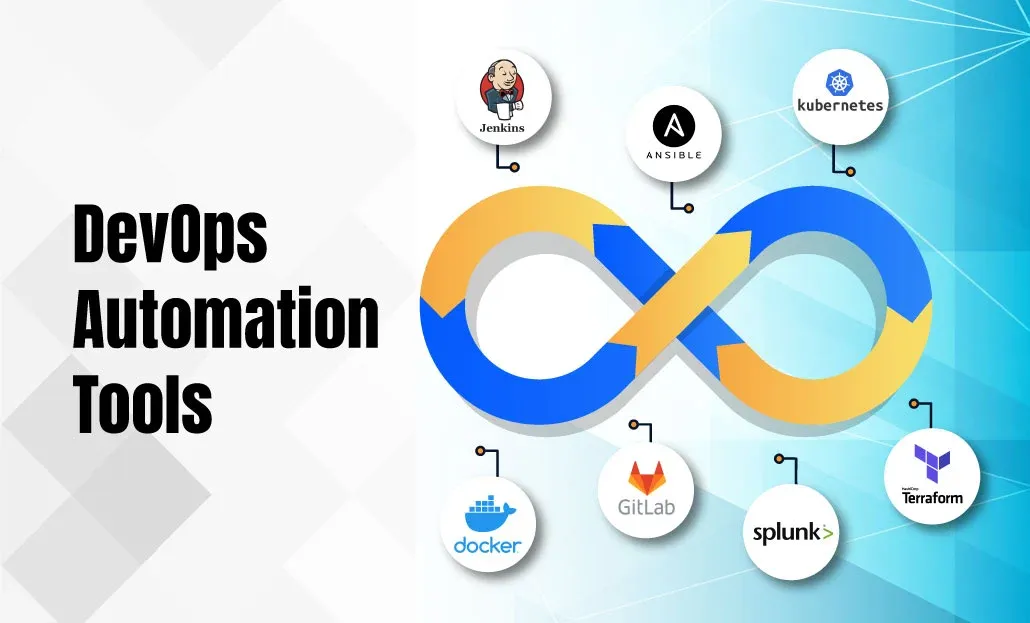Automation in DevOps. What exactly is DevOps Automation?

The Power of Automation in DevOps
If you've ever worked in software development or IT operations, you've probably heard of DevOps. But what exactly is it, and why is automation such a big deal in this world? Let's take a closer look at the importance of automation in DevOps practices and how it can supercharge productivity and reliability.
What is DevOps?
DevOps is all about breaking down the barriers between software development (Dev) and IT operations (Ops). It's about creating a culture of collaboration, communication, and continuous improvement to deliver software faster and more reliably.
The Role of Automation
Automation is like having a robot helper that takes care of repetitive tasks so you can focus on more important things. In DevOps, automation is used to streamline processes, eliminate manual errors, and accelerate delivery.
Why Automation Matters
Here are some reasons why automation is so important in DevOps:
- Speed: With automation, tasks that used to take days or weeks can now be completed in minutes or seconds. This means faster delivery of software and updates to users.
- Consistency: Humans make mistakes, but robots (or automated scripts) don't. Automation ensures that processes are carried out the same way every time, reducing the risk of errors and inconsistencies.
- Reliability: Automated tests can catch bugs early in the development process, preventing them from reaching production environments and causing headaches for users.
- Scalability: As your infrastructure grows, automation allows you to scale up without adding more manual work. Whether you're deploying a new server or updating thousands of instances, automation can handle it with ease.
Examples of Automation in DevOps
- Continuous Integration (CI): Automated build and test pipelines ensure that code changes are integrated smoothly and tested thoroughly before being deployed.
- Continuous Deployment (CD): Automated deployment pipelines push code changes to production environments quickly and safely, reducing downtime and minimizing risk.
- Infrastructure as Code (IaC): Tools like Terraform and Ansible automate the provisioning and management of infrastructure, making it easier to scale and maintain.
The Impact on Productivity and Reliability
By embracing automation in DevOps practices, teams can achieve:
- Increased Productivity: Developers spend less time on manual tasks and more time writing code and delivering value to users.
- Improved Reliability: Automated tests and deployments reduce the likelihood of errors and downtime, leading to a more stable and reliable software environment.
Automation is the engine that drives DevOps forward, enabling teams to deliver software faster, more reliably, and with fewer headaches. By automating repetitive tasks, streamlining processes, and embracing tools and technologies that promote automation, organizations can unlock new levels of productivity and reliability in their software development and operations.
